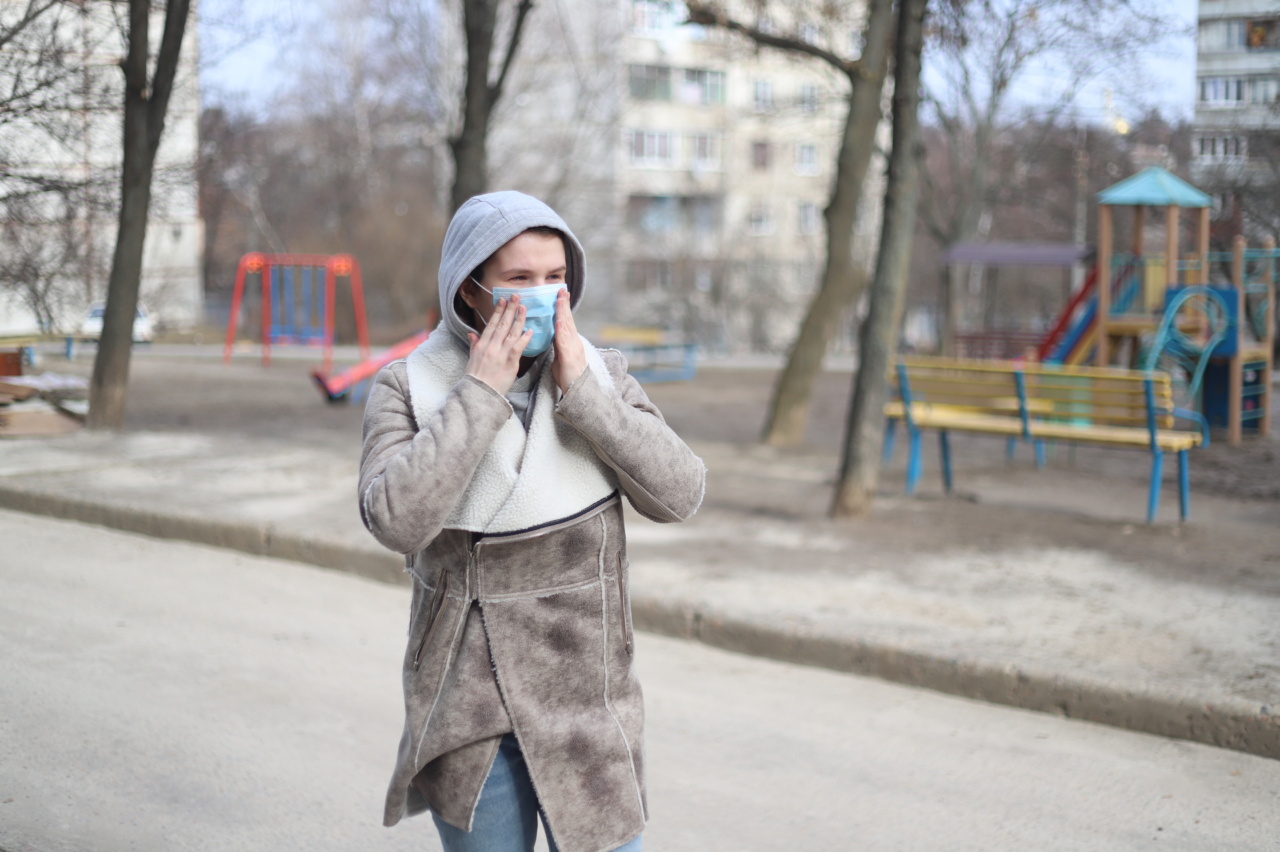When it comes to our health, our bodies have a way of letting us know when something is wrong. One such way is through persistent coughing, which can indicate the presence of a severe sickness.
While most people may dismiss a cough as a common occurrence, it is essential to pay attention to the duration and characteristics of the cough, as it can provide valuable insights into our overall health. In this article, we will explore the significance of insistent coughing and how it can be an indication of a severe sickness.
The Nature of Insistent Coughing
Insistent coughing refers to a persistent cough that lasts longer than eight weeks in adults and four weeks in children.
Unlike acute coughs, which usually subside within a few days or weeks and are often the result of colds or respiratory infections, insistent coughs are a cause for concern. These coughs can occur during the daytime or disrupt sleep at night, affecting the quality of life.
Causes of Insistent Coughing
Insistent coughing can stem from various underlying factors, some of which may be more severe than others. Here are some common causes:.
1. Chronic Bronchitis
Chronic bronchitis refers to long-term inflammation of the bronchial tubes, leading to a persistent cough. It is often caused by smoking or exposure to environmental pollutants.
The cough is usually accompanied by phlegm production and may worsen during respiratory infections or exposure to irritants.
2. Asthma
Asthma is a chronic respiratory condition characterized by inflammation and narrowing of the airways. Coughing is a common symptom of asthma, and it can be persistent, especially during triggers such as allergens, exercise, or cold air.
Individuals with asthma may also experience wheezing and shortness of breath.
3. Gastroesophageal Reflux Disease (GERD)
GERD occurs when stomach acids flow back into the esophagus, causing irritation and inflammation. Chronic coughing can be a symptom of GERD, as stomach acid irritates the throat and triggers a reflex to clear the airways.
Coughing may be more prevalent at night or after meals.
4. Respiratory Infections
Respiratory infections, such as bronchitis or pneumonia, can result in a persistent cough. These infections often start as a common cold but progress to involve the lower respiratory tract.
Coughing helps clear mucus and foreign particles from the lungs, which is the body’s defense mechanism against infection.
5. Postnasal Drip
Postnasal drip occurs when excess mucus from the nasal passages drains down the throat. It can irritate the airways, leading to a chronic cough. This condition is commonly associated with allergies, sinus infections, or colds.
6. Chronic Obstructive Pulmonary Disease (COPD)
COPD is a progressive lung disease that includes chronic bronchitis and emphysema. Both conditions can cause persistent coughing due to airway inflammation, mucus production, and narrowed airways. Smoking is a primary risk factor for developing COPD.
7. Lung Cancer
While less common, a persistent cough can be a sign of lung cancer. It is crucial to rule out this possibility, especially in individuals with risk factors such as smoking, exposure to asbestos or radon, or a family history of lung cancer.
Other symptoms often accompany the cough, including weight loss, chest pain, and shortness of breath.
When to Seek Medical Attention
While not all persistent coughs indicate a severe sickness, it is important to consult a healthcare professional if the following signs and symptoms are present:.
1. Duration of the Cough
If the cough persists for more than eight weeks in adults or four weeks in children, medical attention is recommended. Long-lasting coughs can be a sign of an underlying condition that requires treatment.
2. Blood in Cough
If the cough is accompanied by blood or pink-tinged mucus, it is essential to seek immediate medical attention, as this may indicate a serious condition such as lung cancer or tuberculosis.
3. Difficulty Breathing
If the persistent cough is accompanied by severe shortness of breath, wheezing, or chest pain, it could indicate a worsening respiratory condition that requires urgent medical evaluation.
4. Unexplained Weight Loss
If the cough is associated with unexplained weight loss, it may suggest an underlying serious illness that needs investigation.
5. High Fever
If the persistent cough is accompanied by a high fever, it may indicate a respiratory infection or another significant illness that requires medical intervention.
Treatment Options
Treatment for insistent coughing depends on the underlying cause.
A healthcare professional will conduct a thorough evaluation, which may include a physical examination, medical history review, and diagnostic tests such as chest X-rays, lung function tests, or blood tests. Once the cause is identified, the appropriate treatment can be initiated.
Treatment options may include:.
1. Medications
If the cough is caused by asthma, medications such as bronchodilators or inhaled corticosteroids may be prescribed to control inflammation and open the airways.
Antibiotics may be prescribed if a bacterial infection is identified, and antihistamines or nasal sprays may be recommended for allergies or postnasal drip.
2. Lifestyle Modifications
In cases where the cough is worsened by environmental factors such as smoking or exposure to irritants, lifestyle modifications are essential.
Quitting smoking, avoiding secondhand smoke, and reducing exposure to pollutants can significantly improve respiratory symptoms.
3. GERD Management
If GERD is the underlying cause, lifestyle changes such as avoiding trigger foods, eating smaller meals, and elevating the head while sleeping can help reduce symptoms.
Medications to reduce stomach acid production or strengthen the lower esophageal sphincter may also be prescribed.
4. Pulmonary Rehabilitation
In conditions like COPD, pulmonary rehabilitation programs can provide significant benefits. These programs involve exercise training, breathing techniques, and education to improve lung function and quality of life.
Conclusion
Insistent coughing should not be ignored, as it can be a secret indication of a severe underlying sickness. Identifying the cause of the cough is crucial in determining the appropriate treatment and preventing further complications.
If you or someone you know is experiencing a persistent cough, it is recommended to consult a healthcare professional for a proper evaluation and diagnosis.





























